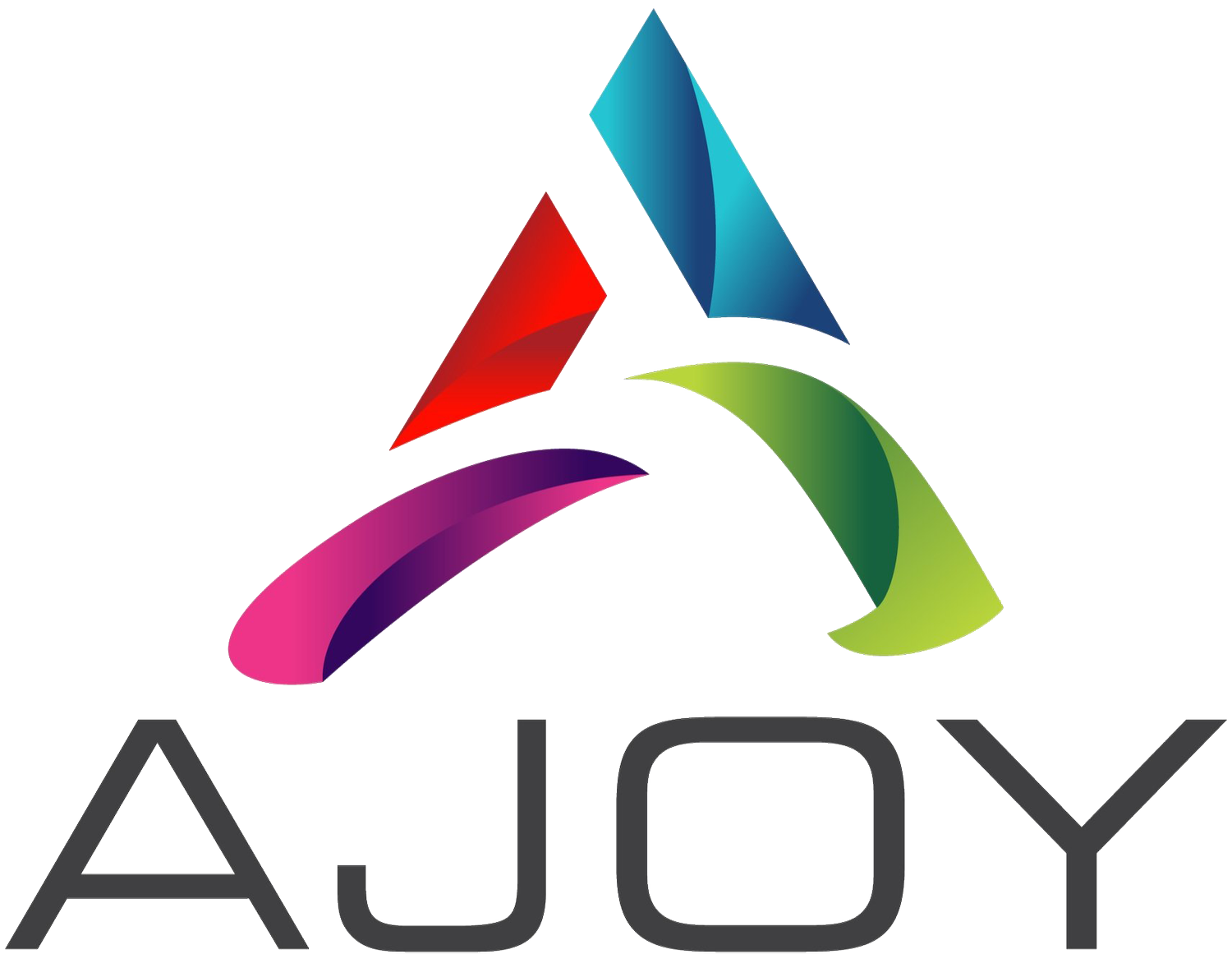You’ve Paid Off Your Debt … Now What?
Let’s say you’ve been working hard to pay off all of your personal debt because you want to be free of it. You’re looking forward to all the extra money that’ll be in your monthly budget once your debts are eliminated. But what should you do with that money anyway? It’s important to have a plan of action so you can put it to use wisely and in ways that will benefit you for years to come.
Stick With It: Paying Down Debt Takes Time
Most likely it took you months or even years to accumulate the debt that you have, so don’t be discouraged when it takes time to get rid of it. This is a gradual process that can feel very slow at times. Remind yourself to be patient and to stay committed.
This is also why tackling your smaller debts first in order to achieve wins that propel and motivate you can be so helpful. Every time you pay off a financial obligation or debt, you’ll feel great, and this feeling will serve to keep you on track and moving forward in your pursuit.
In addition, the money you free up when you pay off a debt should then be added on top of the minimum payment for another debt, helping you pay that one down faster (hence creating a snowball effect). During this time, you still won’t have any cushion in your monthly budget because everything you free up will then go towards eliminating another financial obligation you have. But at some point, you will reach your destination: all of your debts will have been obliterated and you will have extra monthly cashflow.
For more information about how to eliminate your debt, check out this article How To Tackle Personal Debt (& Why SMB Owners Need To).
Then Should You Consider Building An Emergency Fund?
Yes! Once you’ve eliminated your personal debts, you can put those monthly amounts towards your financial goals. One of which should be to create a rainy day fund. If we didn’t learn anything else during the pandemic, it’s that anything can happen (including a virus that shuts down workplaces!), and we need to be financially prepared.
You are probably already aware of how much you need every month for your personal overhead. Multiply that number by three, four, five, or six (depending on how many months worth of expenses you plan to save up – the recommended amount is between three and six months). To put it another way, you’ll want to have enough money saved so that you can continue paying any monthly bills that have the potential to impact your credit or to result in something important (like electricity!) being turned off due to non-payment.
If you’re a small business owner, the business itself should have its own contingency fund that can cover at least six months of operating expenses. This should be separate from your personal rainy day fund.
How About Saving For Retirement? Where Does That Fit In?
Once you’ve established an emergency fund (or funds if you’re a business owner), it’s time to think about the future. In fact, we might go so far as to say that your business isn’t actually profitable at all unless you’re saving towards retirement (in addition to covering all of the business’s operational expenses, your salary, health insurance, and both personal and business taxes). Your business is only profitable if all of these items are covered and there’s something left over!
Some of the money you’ve freed up from debt should definitely be used to increase your retirement savings. This is very important and necessary for your financial wellbeing in the future.
A Final Word From Tuesday Brooks Founder of AJOY
When you finally reach the moment when you can say that you’ve paid off all of your personal debt, you deserve to celebrate. This is a momentous achievement that takes significant effort, diligence, and time to reach. So don’t hesitate to take a little of that well-earned monthly cashflow to do something fun or to reward yourself!
But then continue to build up your emergency fund(s) and retirement nest egg. This will prepare you for the next financial hiccup, unexpected job loss, or even global pandemic, and you’ll be able to rest easy knowing that in the future you’ll be secure.
Tune in next week for more quick and easy financial tips for small business owners!


